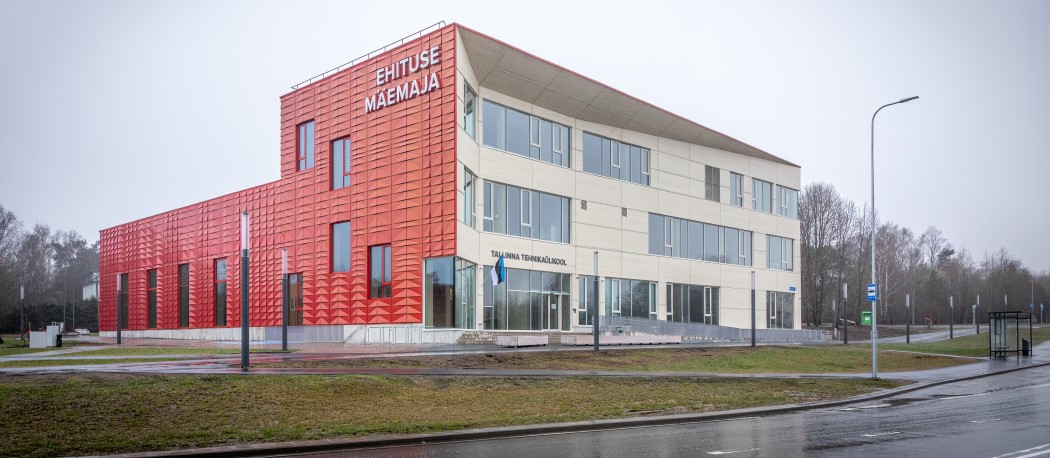
Photo: Tallinn University of Technology.
The researchers of the FinEst Centre for Smart Cities of Tallinn University of Technology (Estonia, Europe) developed the DigiAudit platform to monitor and analyse energy use and indoor climate indicators of buildings and large real estate portfolios in real time. Thinnect, an Estonian IoT start-up company, will help sell the solution and market it worldwide.
The method of DigiAudit for monitoring and consistent analysis of energy consumption and air quality shows exactly where energy is consumed. It analyses the energy use and indoor climate of buildings, identifies inconsistencies, and compares buildings with each other. So far, the solution has been used in educational institutions in Tallinn and Tartu and on the TalTech campus.
According to Professor Jarek Kurnitski, Director of the Department of Civil Engineering and Architecture of TalTech and Head of the DigiAudit Pilot Project, the solution is unique and innovative because of the energy performance labelling that takes place in real time.
‘Improving the energy efficiency of buildings is crucial for reducing the carbon footprint of our society, as buildings account for 40 percent of our energy consumption. Globally, there are quite a few solutions that can measure the energy consumption and indoor climate of buildings. However, the DigiAudit platform is unique because it provides building owners and managers with a comparative overview of the actual energy consumption of different buildings in the portfolio as well as the quality of the indoor environment,’ Kurnitski explained.
‘This is the first step towards the commercialisation of the pilot project and we are working to ensure that other pilot projects will also lead to branch companies and/or services for the FinEst Centre,’ added Ralf-Martin Soe, Director of the FinEst Centre for Smart Cities. According to him, it is positive that Estonian researchers are increasingly collaborating with companies, although the possibilities here are much greater – for example, the smart city projects of the Stanford University cooperate with the private sector much more closely than their counterparts in Estonia or Europe.
The FinEst Centre for Smart Cities is an international centre of excellence established by TalTech, Aalto University, Forum Virium Helsinki, and the Estonian Ministry of Economic Affairs and Communications. The centre aims to improve urban environments by testing new technologies and its pilot projects are funded by the Ministry of Education and Research and the European Regional Development Fund.
Thinnect is a start-up, predominantly owned by Estonian capital, offering IoT technology and services – namely, solutions that enable accurate monitoring and management of buildings. In addition to Estonia, the smart environment solutions of Thinnect are used in eight other countries. The systems developed by the company can be used for saving energy as well as for improving the ease of use and efficiency.





 A unique international forum for public research organisations and companies to connect their external engagement with strategic interests around their R&D system.
A unique international forum for public research organisations and companies to connect their external engagement with strategic interests around their R&D system.